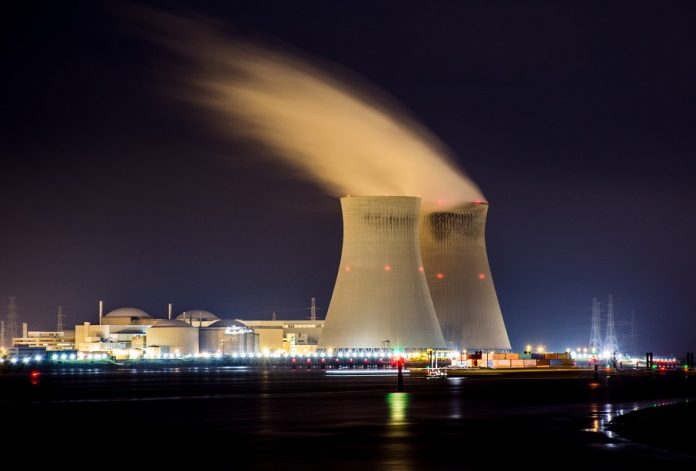Chemical engineering is a fascinating and multidisciplinary field that combines principles of chemistry, physics, biology, and engineering to the design and optimization of processes involving chemicals, materials, and energy. Chemical engineers play a vital role in various industries, including pharmaceuticals, petroleum refining, food processing, environmental engineering, and more. If you’re considering pursuing a career in chemical engineering, this post will provide an overview of the field and offer guidance on how to get started.
Understanding Chemical Engineering
Chemical engineering involves the application of scientific and engineering principles to develop processes and technologies that convert raw materials into valuable products. This means that chemical engineers work on a wide range of projects, including designing chemical reactors, optimizing manufacturing processes, developing sustainable energy systems, and ensuring environmental safety and compliance.
Key Responsibilities of Chemical Engineers:
Process Design and Optimization
Chemical engineers design and optimize processes for the production of chemicals, materials, and energy. They identify the most efficient and cost-effective methods to transform raw materials into desired products.
Safety and Environmental Considerations
Chemical engineers prioritize safety and environmental sustainability in their work. They assess and mitigate potential hazards associated with chemical processes and develop strategies to minimize the environmental impact.
Research and Development
Chemical engineers contribute to scientific research and development by exploring innovative materials, technologies, and processes. They strive to improve efficiency, sustainability, and product quality.
Troubleshooting and Problem Solving
Chemical engineers are skilled problem solvers, addressing challenges that arise during process operations. They analyze data, conduct experiments, and implement solutions to optimize performance and resolve issues efficiently.
Getting into the Field of Chemical Engineering:
Education and Degree
To get started you should pursue a bachelor’s degree in chemical engineering or a related field from an accredited institution. The curriculum typically includes courses in chemistry, physics, mathematics, thermodynamics, fluid mechanics, process control, and engineering design.
You will need to ensure that you build up your knowledge and skills during this course;after all, your knowledge is one of the most important parts of your career as a chemical engineer. You won’t get very far with your clients if you ask questions such as: “What is the passivation of stainless steel?”
Professional Networking
Attend career fairs, industry conferences, and networking events to connect with established professionals in the industry, and engage with chemical engineering societies and organizations such as the American Institute of Chemical Engineers (AIChE) to expand your professional network.
This kind of networking can be particularly useful to chemical engineers given the narrow range of professionals in this specification.
Continued Learning and Professional Development
Chemical engineering is a dynamic field, so staying updated with advancements is crucial. So, to ensure you stay on the razor’s edge of information, you should participate in continuing education programs, workshops, and conferences to expand your knowledge and skills.
Consider Advanced Degrees
Pursuing a master’s or doctoral degree in chemical engineering can provide specialized knowledge and open doors to advanced research, teaching, or leadership positions that would otherwise remain closed to you.
Apply for Entry-Level Positions
Seek entry-level positions in industries aligned with your interests, such as pharmaceuticals, energy, or environmental engineering. Gain practical experience, learn from experienced professionals, and continue to develop your skills.


